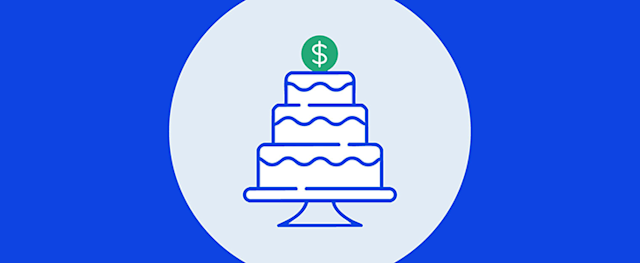Are You a Smart Online Banker?

Summary
Learn how to become a smarter online banker.
In this article:
Nothing beats the convenience of banking whenever and wherever you want from your computer, tablet or smartphone without ever setting foot in your local bank branch. To get the most out of online banking, make sure you're taking precautions to keep your online transactions safe and secure.
The reason it's so important to ensure that you're a careful, smart online banker is that as the number of people who bank online has grown to more than 400 million around the world, these types of transactions have become a top target for hackers and other criminals. Their goal is not only to steal money, but also to steal the information they need to commit identity theft.
What You Can Do to Make Your Online Banking Safer
There are several steps you should take each time you bank online to keep your money and your personal information safe.
- Check your bank's security system: When you go to your financial institution's online banking page, you should see either a closed padlock or a key icon on the page. That symbol means that the information you're accessing and sending is encrypted or scrambled so it's only accessible by the intended receiver, in this case, your bank. Most banks now have more than one level of security in their online banking to deter criminals. Not only do you need to log in with a user name and password, you may also have a site key (a picture you've chosen). This picture is displayed before you enter your password. If the picture is missing or isn't correct, don't enter your password. And remember to always log out at the end of your banking session.
- Make sure your computer is virus free: Before banking online, install and run a reputable virus detection program. It's smart to do a quick virus check before every banking session, especially if you download music and movies or spend a lot of time on social networks like Facebook, Twitter, LinkedIn and Instagram, which are the frequent target of hackers.
- Don't provide banking or personal information via email: Never respond to an unsolicited email that claims to be from your bank and requests your user name, password, address, account number or other personal information. Never click on links in an email even if it looks legitimate. Instead, go to your bank's website by entering the web address in your browser.
- Make sure you're really on your bank's site: It's easy to mis-type a web address and end up at citigruop.com instead of the bank's real site. Hackers use these misspelled addresses to set up fake sites and steal information, so double check the information you enter before logging onto online banking.
- Be smart with your smartphone: If you bank with your phone, make sure you set a password screen lock and have a program that lets you remotely wipe all the information on the phone in case you lose it.
- Avoid public Wi-Fi: Don't use the free Wi-Fi in a coffee shop, hotel or library to bank. They're not always secure and hackers can easily intercept the information you enter.
It's also wise to review your banking statements carefully as soon as you receive them. If you spot a suspicious transaction, report it to your bank immediately.
This article is for general education and informational purposes, without any express or implied warranty of any kind, including warranties of accuracy, completeness, or fitness for any purpose and is not intended to be and does not constitute financial, legal, tax, or any other advice. Parties (other than sponsored partners of OneMain Financial (OMF)) referenced in the article are not sponsors of, do not endorse, and are not otherwise affiliated with OMF.


